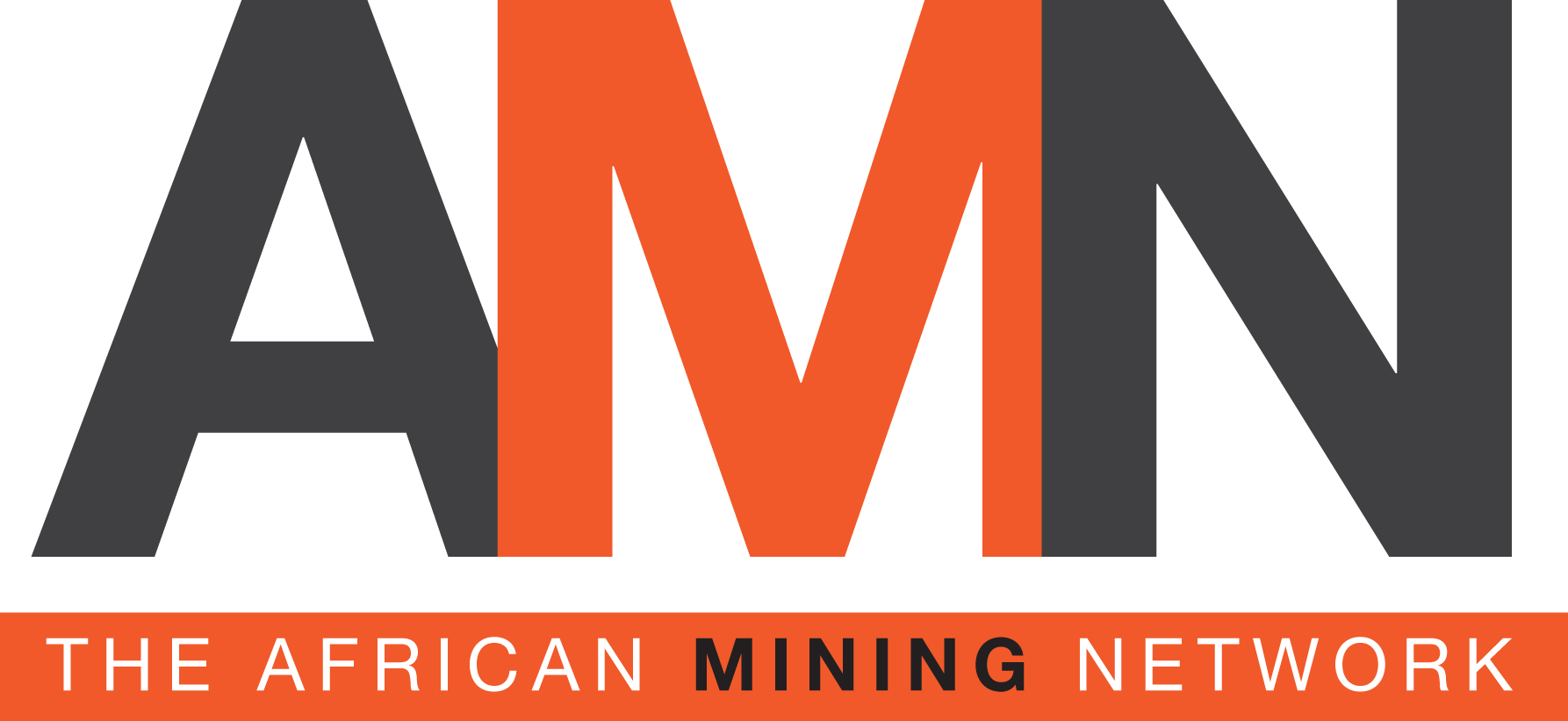- Yolanda Torrisi
- +61 412 261 870
- yolanda@yolandatorrisi.com
- Nina van Wyk
- +27 82 926 3882
- nina@africanminingnetwork.com
![]()
Ghana and Mauritania have joined a string of African nations trying to gain greater revenue from their natural resources, with mining at the top of the list. I have lost count of the number of articles I have penned in the last couple of years about different countries striving to gain greater revenue from mining, so it comes as no surprise that others are joining the queue.
While it is a populist trend, there is little evidence from other examples around the world that government revenue actually increases. All these nationalistic ideals tend to do is dry up investment into the sector, particularly from outside the country, thereby stifling the development of existing projects, stalling new projects and curtailing exploration.
The net result is fewer jobs, less payroll tax, less royalties and less revenue from so-called profit taxes.
In the developing countries of Africa as well as the more developed mining stronghold of South Africa, governments seem increasingly willing to upend historic deals with foreign companies in their quest for more mining revenue.
Ghana and Mauritania join many other African countries, including Tanzania, Zambia, DRC and South Africa, that are seeking additional revenue to boost their economies. Mali is also negotiating changes with the mining industry.
The Mauritanian government has rejected a key permit to expand Kinross Gold Corp’s Tasiast mine. Its subsidiary received a letter from the government asking for discussions about “all of the company’s activities in Mauritania,” Kinross said, with the aim of creating greater overall economic benefits for the nation.
The same company would also be impacted by changes mooted by politicians in Ghana. The country’s Vice President Mahamudu Bawumia said at a recent conference in the capital Accra that Ghana was benefiting little from its mineral wealth and needed to review its mining code and tax policies.
He said that the country would review its process for granting corporate tax exemptions to mining and oil companies as part of measures to eliminate fraud and boost revenues
Tax exemptions claimed by some resource companies were not transparent, and in some cases, not backed by records, he said. "Improper accounting of resources on the part of concessionaires is a major source of revenue loss and it is for this reason that we are reviewing the exemption process," he was quoted recently as saying.
Bawumia told delegates at the conference Ghana has to “re-examine our natural resources control and governance strategy, our resource fiscal regime from exemptions to carried interest, and how to use our natural resources to build a better and prosperous economy”.
Ghana is Africa’s second-biggest producer of gold with bauxite and diamonds also mined, and nascent crude oil exported. As well as Kinross, other mining companies operating in the country include AngloGold Ashanti, Asanko Gold and Newmont Mining while oil production is dominated by Tullow Oil and Kosmos Energy.
The International Monetary Fund recently called on Ghana to adopt additional measures to boost revenues.
Yolanda Torrisi is Chairperson of The African Mining Network and comments on African mining issues and the growing global interest in the continent. Contact:yolanda@yolandatorrisi.com

